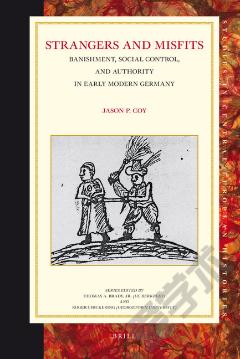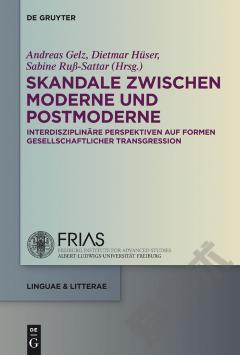Crime, Gender and Social Control in Early Modern Frankfurt am Main
This thesis examines gender differences in recorded criminality in early modern Frankfurt and the way that these differences were shaped by the local context. For a long time it was considered that the criminality of women is a marginal phenomenon and that this was invariable over time and place. Historical studies, however, have demonstrated that women played a much more prominent role in recorded crime in the early modern period, and could even make up half of all defendants in specific locations. At the same time, there were also large regional differences. Until now, historians focused only little on the differences, and instead looked for general explanations for female deviance in this period. This thesis studies the structural impact of the local context on womenâs offending and their prosecution. It shows that the pattern in Frankfurt was both similar and different to that of other European cities. Strong informal control within the household, which is normally associated with close-knit communities in the countryside, played an important role in the urban community of Frankfurt and influenced prosecution patterns. Owing to the reliance on household control, cities like Frankfurt am Main knew a distinct type of urban female offender.
{{comment.content}}








 京公网安备 11010802027623号
京公网安备 11010802027623号